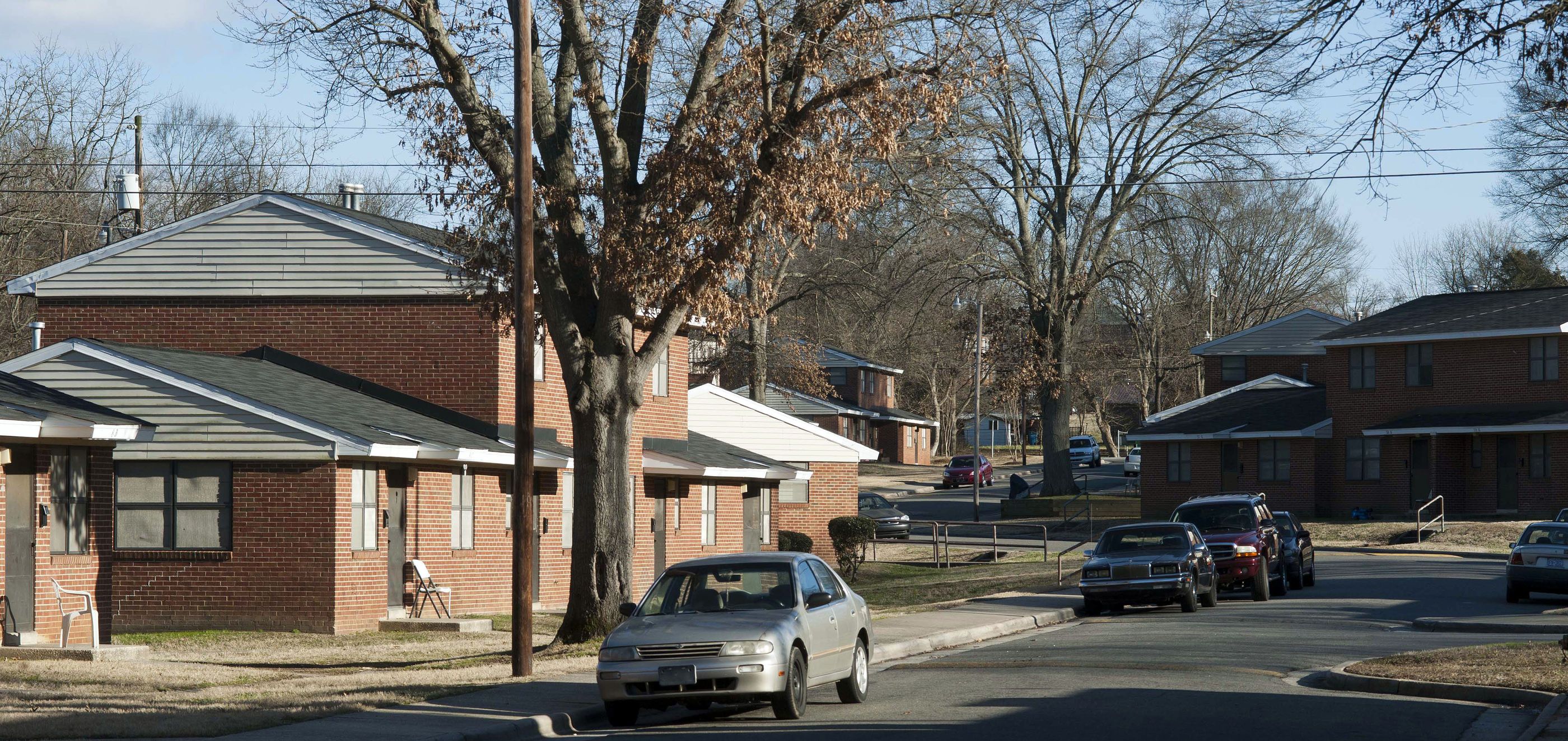West End Transformation Plan has lots of support but little money
Published 12:00 am Tuesday, January 7, 2014
SALISBURY — The plan to transform the city’s West End has widespread endorsement but only enough money to implement a portion of the vision.
Enthusiastic supporters turned out last month when Salisbury City Council voted to approve the West End Transformation Plan, an ambitious project outlined in an 80-page document that would bring healthcare, childcare, job training, veterans services, transportation, housing and potentially commerce to the neighborhood.
City Councilman Brian Miller said three years of planning the transformation has been the easy part.
“But the hard part is going to be finding the funding,” Miller said.
Miller said he was amazed and encouraged that the plan has garnered such broad consensus but reminded supporters that it took 15 years to complete the turnaround of East Lake neighborhood in Atlanta, which served as a model for the West End plan. The community, not current City Council members who serve two-year terms, will have to see it through, Miller said.
“This will take multiple election cycles, so it will require the community to stay engaged,” he said.
When disagreements arise about how to implement the plan as funding becomes available, “we need to stay focused on the end goal,” Miller said. “It’s not about a hand out, it’s about a hand up.”
The city and Salisbury Housing Authority, which together won a $170,000 Choice Neighborhoods Planning Grant from the federal government two years ago, have given up on landing an $18 million grant to implement the vision.
Until the federal government changes the point system used to award implementation grants, small cities like Salisbury likely cannot win, city Planning Director Janet Gapen said.
“So we went with plan B,” said Sam Foust, executive director for the Salisbury Housing Authority.
They applied for and won federal tax credits that will fund about 60 percent of the redevelopment of Civic Park Apartments, a public housing project in the West End. Demolishing and rebuilding Civic Park is central to the West End transformation.
The tax credits will generate about $5.8 million, enough to cover about 60 percent of the $9.7 million redevelopment project. Loans will cover remaining costs.
The housing authority should close on financing and land acquisition by March 1, and construction on the first phase of the new Civic Park — 80 new apartments for working families — should begin later this spring, Foust said.
The public housing component of the West End plan is the furthest along because of the tax credit award, Gapen said. But the neighborhood needs additional housing redevelopment, she said.
To experience a transformative impact, the West End needs to rehabilitate 30 vacant houses and 30 owner-occupied houses, all in one year, she said.
“We have yet to identify funding for that, but that’s the strategy,” Gapen said. “… We are trying to identify, what would it truly take to be transformative?”
Because unemployment rates are higher in the West End than in other parts of the city, the neighborhood needs more bus service so people can get to second- and third-shift jobs, she said.
Mixed-income housing is key to the transformation, Gapen said. A combination of public housing and rent-controlled and market-rate apartments would help lure businesses and restaurants back to the West End, she said.
Community partners like Habitat for Humanity and Partners in Learning have pledged $19 million in in-kind services to the West End plan, which would build on existing strengths in the neighborhood including anchor institutions like Livingstone College and the VA Medical Center.
The rehabilitation of vacant Duncan School, where many new services would be housed, also is central to the plan.
Many people turned out at a public hearing last month to endorse the plan. Fannie Butler, president of the West End Community Organization, said her group will help in any way it can.
William Peoples, who took former City Manager David Treme on a tour of the West End years ago, said the seed has been planted.
“It’s been a long time coming,” Peoples said. “I’m glad to see it take fruit.”
Keri Allman of Rowan-Cabarrus Community College offered assistance with the educational component of the plan, including GED classes, job search assistance, resume preparation and skill enhancements.
Commander Mae Carroll said the J.C. Price American Legion Post in the West End is seeking grants to help pay for a new, state-of-the-art building that would complement the new Civic Park Apartments.
GeoRene Jones of St. John’s Lutheran Church encouraged the faith community to become involved and find a way to help. Bradley Taylor of Outreach Christian Ministries pledged support.
Norma Honeycutt said Partners in Learning would bring its nationally accredited preschool and childcare program to the West End.
Rowan County commissioner Jon Barber praised the plan as well thought out and forward-looking, and Rick Parker of Novant Health Rowan Medical Center pledged the hospital’s support.
Councilman Pete Kennedy said even though the city did not win an $18 million implementation grant, he is confident the West End transformation will happen because of the way the community has come together around the plan.
“This collaboration and partnership is what makes Salisbury a special city,” Kennedy said.
Contact reporter Emily Ford at 704-797-4264.





